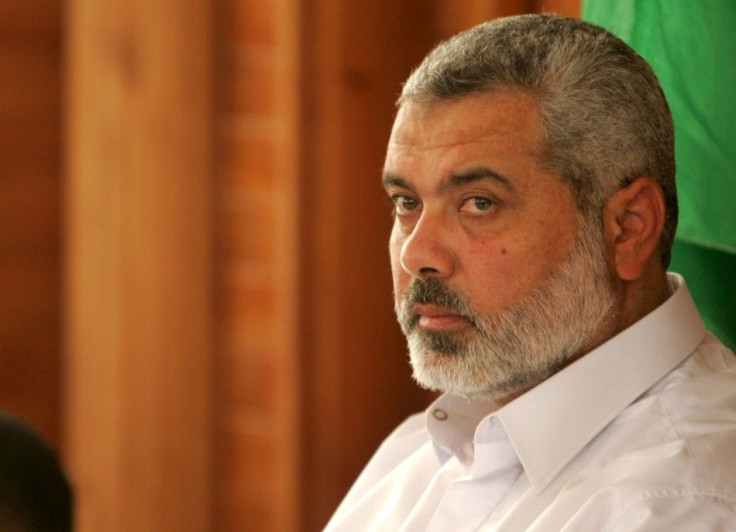Hamas Leaders Depart Syria

The political leaders of Hamas -- the Palestinian Islamist militant group -- have departed Syria for Egypt and Qatar, according to reports; days after the organization threw its support for Syrian rebels fighting President Bashar al-Assad.
Khaled Meshaal, the head of Hamas, and his aides have moved to Doha, while deputy leader Moussa Abu Marzouk has relocated to Cairo.
Syria had welcomed the Hamas leadership following their expulsion from Jordan in 1999. The United States, European Union and Israel have long characterized Hamas' political wing as a terrorist organization.
The exit from Syria after a dozen years was already in the cards.
“Our position on Syria is that we are not with the regime in its security solution, and we respect the will of the people,” Marzouk told Associated Press.
Practically, we are no longer in Syria because we could not practice our duties there.
Last Friday, Ismail Haniya, the Prime Minister of the Hamas government that controls Gaza, stated in Cairo: I salute all people of the Arab Spring, or Islamic winter, and I salute the heroic people of Syria who are striving for freedom, democracy and reform.”
When the anti-Assad movement erupted in Syria last March, Hamas was caught in the middle. It depended on Assad and his regime for financial aid and weapons in its armed struggle against Israel. However, the winds of the Arab Spring movement likely made Hamas realize that it would fall on the wrong side of history if its sided with Assad.
Complicating matters is that Hamas adheres to Sunni Islam, while Assad and his regime officials are primarily Alawite, which is linked to Shia Islam (most of the demonstrators in Syria are Sunni).
Meanwhile, Hamas also risks relations with its other principal financial backer, Iran.
Marzouk also told AP: The Iranians are not happy with our position on Syria, and when they are not happy, they don't deal with you in the same old way, suggesting Teheran may reduce its financial support of the Hamas organization in Gaza.
© Copyright IBTimes 2025. All rights reserved.





















